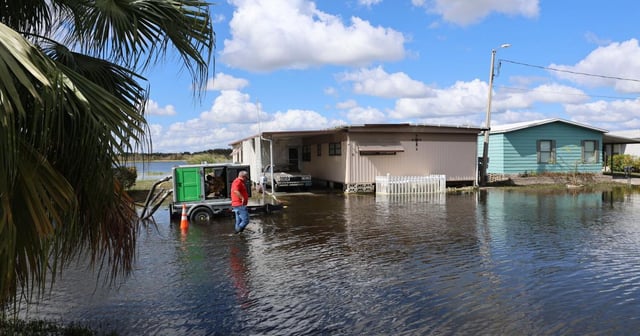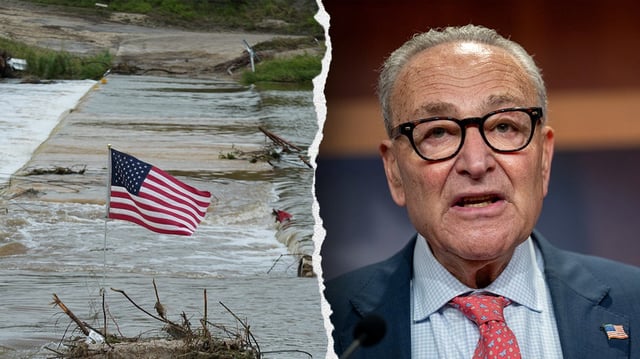Overview
- The White House backs a House-passed stopgap that would keep NFIP running, while Democratic leaders oppose the bill in the broader funding standoff, raising the risk of a lapse after Sept. 30.
- If authorization expires, FEMA cannot issue or renew policies and its Treasury borrowing cap drops from about $30.4 billion to $1 billion, according to CRS.
- Regulators must still enforce flood insurance requirements, so a lapse could stall mortgages in high-risk zones; administration estimates suggest roughly 1,300 property sales a day could be disrupted.
- NFIP currently covers more than 4.7 million policies totaling about $1.28 trillion in protection, making it the primary flood insurer for U.S. homes.
- Sen. Bill Cassidy proposed extending NFIP through 2026 and targeting premiums, as Louisiana’s insurance chief and consumer advocates press Congress for at least a short-term extension during hurricane season.

